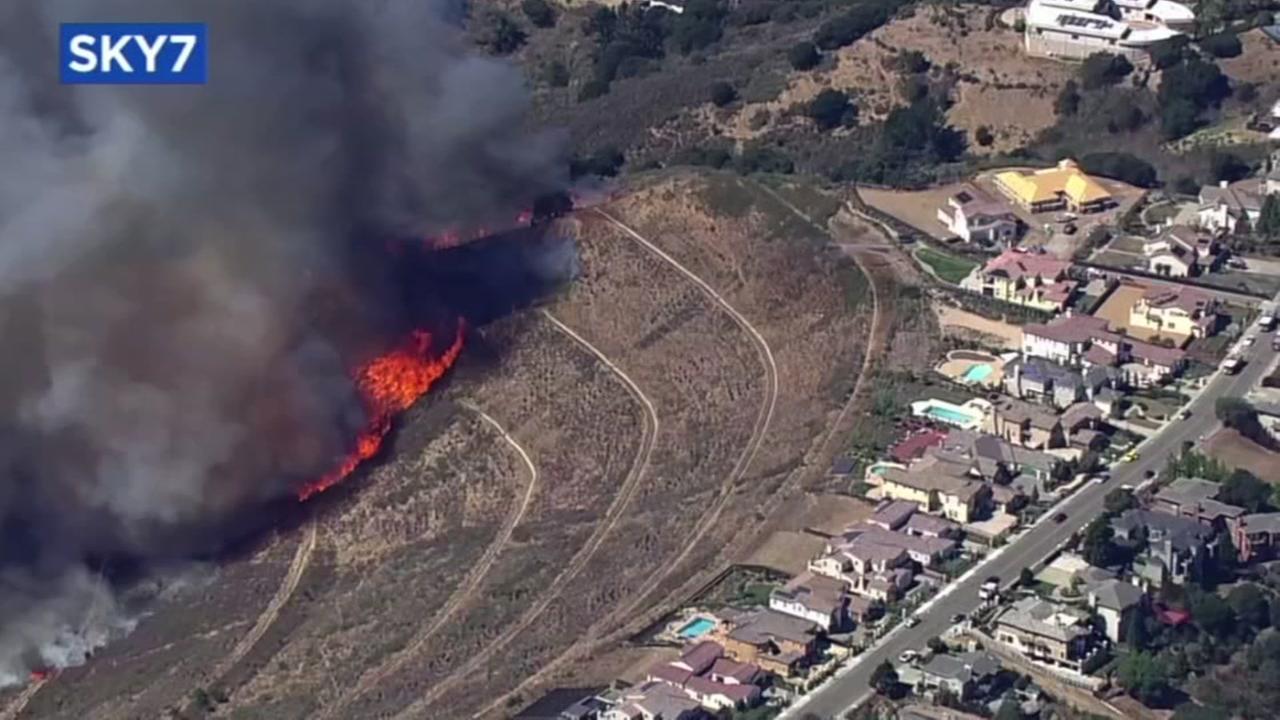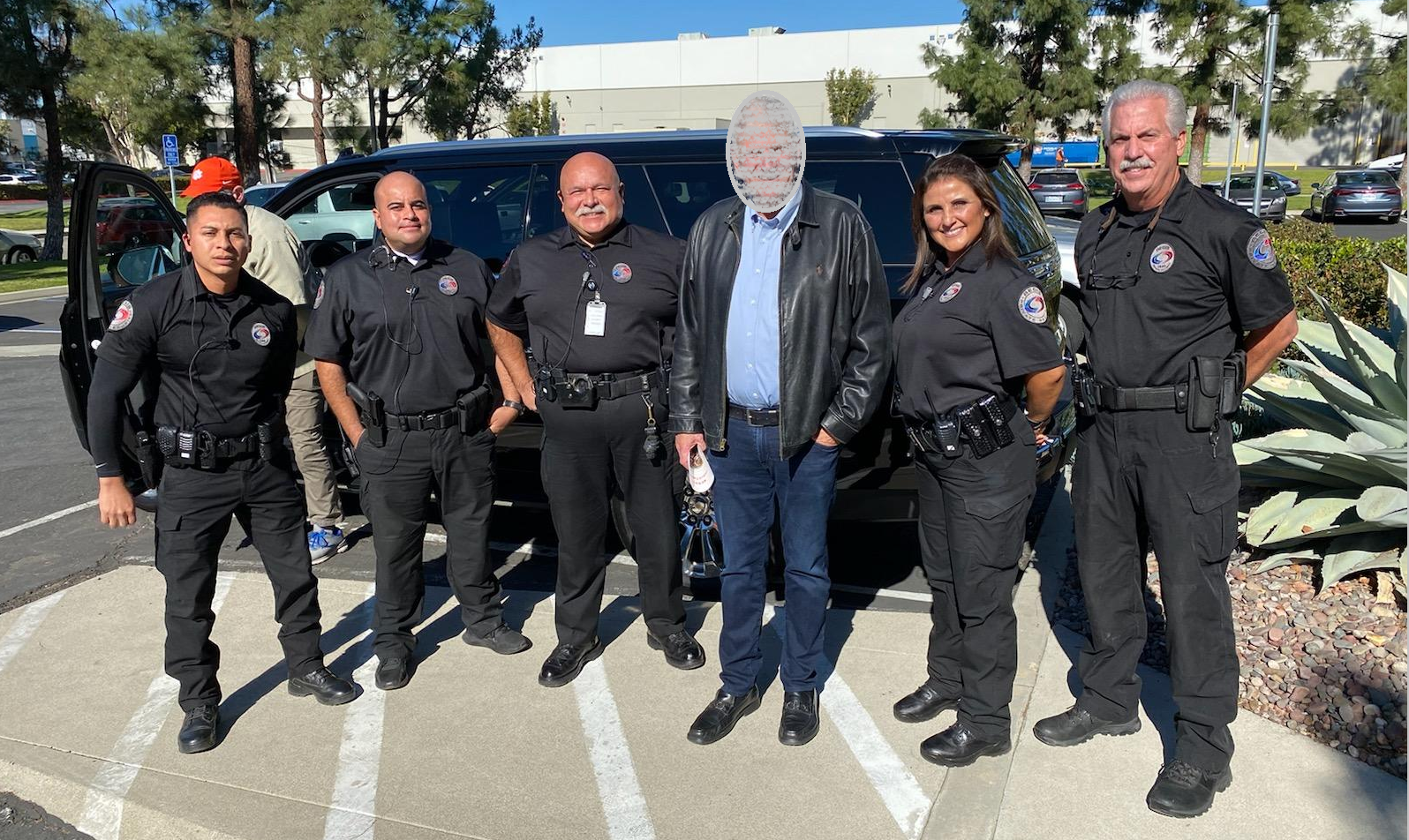*THIS IS A PUBLIC SAFETY NOTICE FROM AEGIS SECURITY & INVESTIGATIONS. PLEASE CONTINUE TO CONTACT YOUR LOCAL AUTHORITIES FOR UPDATED EVACUATION ZONES AND CONSIDERATIONS.*
If the fire is rapidly moving toward you or your home, evacuate immediately and do not try to gather additional items. If you have time before you must evacuate pack the following and get out:
- Important documents: Anything you would need to identify yourself and your family members needs to be brought with you during a fire evacuation. This includes birth certificates, driver’s licenses, Social Security cards, passports, green cards, work authorizations, marriage licenses, mortgage statements, proof of ownership or properties, military identification, and any other large financial or insurance obligations. For more, see this list from FEMA. In situations prior to evacuations, it is critical you keep these materials in one place with ready access. We highly recommend a fire safe in case you and your home are in too much danger to obtain these documents during a state of evacuation.
- Medical documents and items: If you or anyone in your family has medical needs, have a list that is ready to go with their needed medications, prescriptions, and medical equipment and devices. If you do not keep insurance cards on your person, be sure to grab those, too, and place it with your other important documents.
- People and pets: Be sure you have all important needs for anyone coming with you. This includes clothes, shoes, water, food, leashes, crates/carriers, strollers, wheelchairs, etc.
- Specific clothing items to consider: You may have to go to work despite the evacuation, and kids may have to go to school (they may be better off going to school to relieve some of the stress of an evacuation). Be sure you take enough for a week. This includes the vitals (undergarments and sturdy shoes) and the “potentials” like jackets, hats, sunglasses. Every person in the household should have one bag’s worth of clothing that can accommodate them for at least one week.
- Considerations for pets: If you are a pet parent, be sure you are considering their needs for up to a week. Are you going to have to be in a hotel? Are you staying with friends or family? Animals should have the care they need to ensure they are out of harm’s way. For animal evacuees in the “Creek Fire”, large animals/livestock may be evacuated to the Hansen Dam Equestrian Center and small animals may be taken to shelters in the area on a temporary basis.
- Valuables to consider: While you may not have a lot of time if you are under mandatory evacuation, you will still want to consider the valuables you need to have in case the worst happens. This includes computers, heirlooms/jewelry, cash, and photos of special moments that are not digitized. Do not try to take everything. Truly know what is important to you and your family. The focus for your evacuation is on the immediate safety and needs of the household. While momentos could be lost, it is more important to secure the future of a livelihood.
What to do in the time leading up to an evacuation:
- Remain calm and wait for authorities: Yes, the need to evacuate is incredibly stressful and the fear of the worst is usually the first thing to cross people’s minds. However, it is best if you can remain calm. Gathering the items mentioned above can help take your mind off of the larger issue at hand — be sure to take your time (to the extent you are able) and go through the checklist. If you are in a voluntary evacuation zone, be prepared to evacuate should the authorities update the status to mandatory evacuation. If you plan to participate in a voluntary evacuation, be sure you and your household have a place to stay and have gathered everything you need. If you are in a mandatory evacuation zone, be sure of your destination and who you should contact for updates.
Notifying friends and relatives: Your friends and relatives may begin to call you in a panic because of what they see in media. Again, remain calm. Inform them of your plans. If possible, seek shelter with them. Being in a familiar space will calm you and your kids. If your friends and relatives do not live in the area, be sure to let them know that you are safe as soon as you can. These large wildfires tend to make national news. If you have a friend or relative in the area, watch the news for them. If you are going to call them, do not panic them. Ask them if they are aware, what they need, and what you can help with as they prepare to evacuate. As the power is out in most of the urban areas affected, ask if you can provide updates and how much they want/need to know.
Packing the car(s): If you are close enough to the fire that you car is covered in ash, you are probably going to be given an evacuation order of some sort. Be sure that you pack the car as follows:
- Durable valuables in the trunk on the bottom.
- Food and water for the next few days second in trunk.
- Clothes on top in the trunk.
- Food and water for today in the back seat (on laps if needed).
- Pets in carriers as possible and in the back seat.
- Important documents in your glove box or with someone in the front seat. These need to be with you as much as possible during the evacuation.
Do not wait to pack your car(s) until the evacuation order is given. Do your best to plan ahead and have time to organize your space so that you have easy access to things you will need immediately.
- Preserving the status of the house for insurance: If there is time, take photos or a video of your home. We recommend using your cell phone so that you can upload it to your internet storage source or send it directly to your insurance company should there be a need. Be sure that your pictures are clear and that your video is slow enough to capture elements you think the insurance can cover. Things you should be sure to get documentation of include valuables you cannot take (artwork of value that you cannot carry, televisions, stereo systems), the general exterior and interior of the home, and furniture (be especially careful to note exactly what furniture items you own). If you have any other big ticket items that could be lost, be sure to record it. For future reference, take note of apps and computer software that can help you best manage your home inventory.
AEGIS Security & Investigations is a Los Angeles region company that is licensed and insured in the State of California to provide high-end armed and unarmed regular and temporary off-duty police officers, bodyguards, security officers, loss prevention agents, and event staff. Additionally, we offer services for private investigation, consultation, people tracing, and background investigation. Our trainings and workshops in the field of security licensure and counter-terrorism have been featured in news media and are renowned for their efficacy. For more information or to contact us, visit www.aegis.com.
By Jeff Zisner





